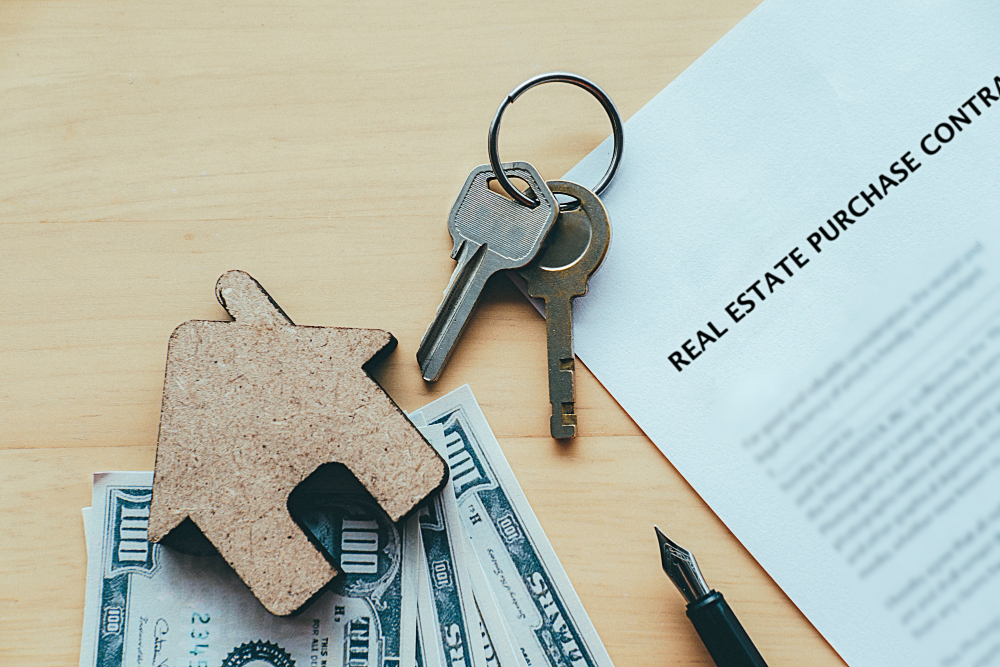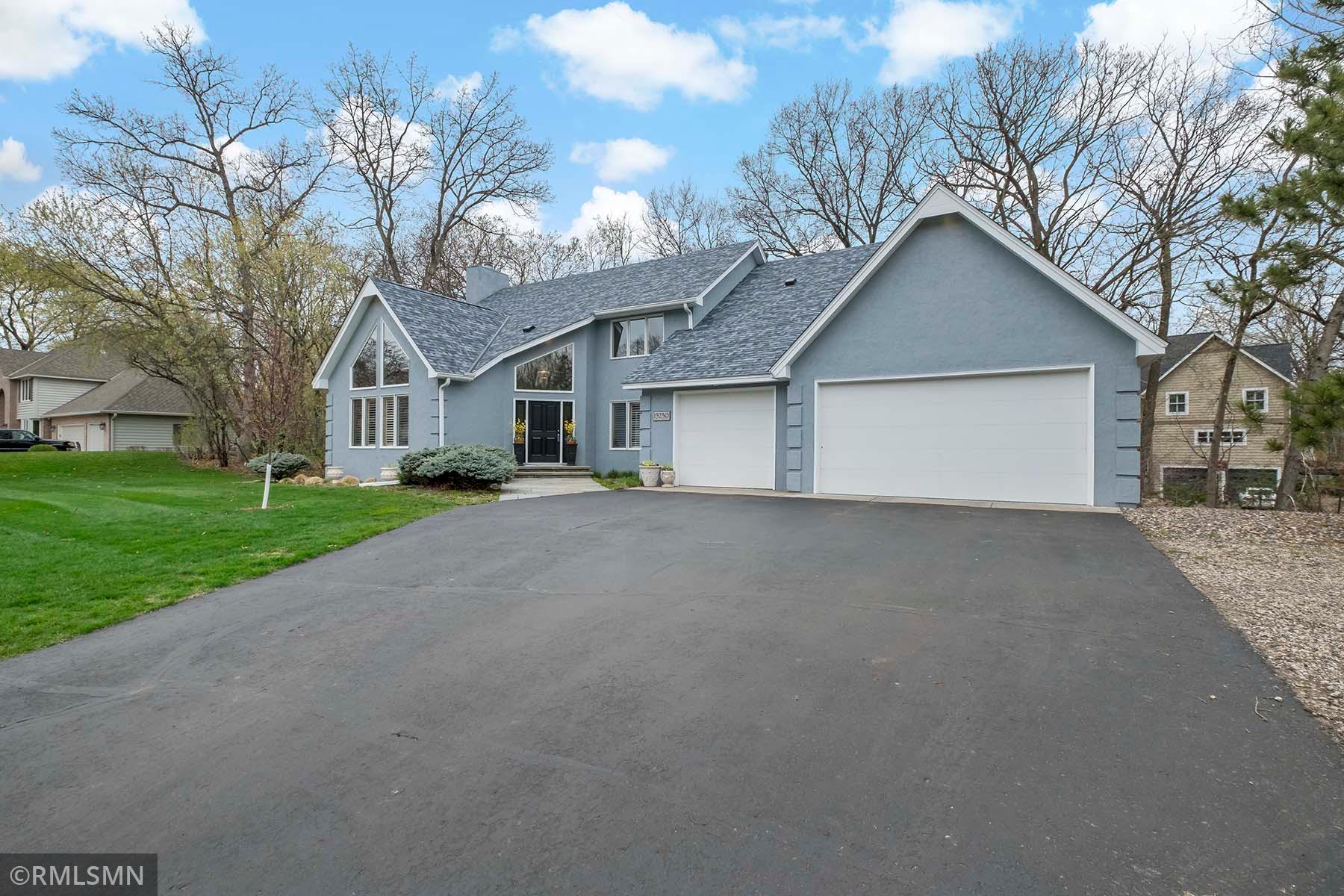Covenant in Real Estate: The Beginner's Guide!
Covenants are legally binding terms and conditions placed on the use of a property. They can restrict how you may or may not use your land, such as by prohibiting particular construction or activities. Anyone who wants to buy any real estate needs to know about the rules that covenants put in place. If you understand these restrictions well, you can make sure that they don't hurt any plans or investments you have for the future. Covenants can protect landowners, buyers, and developers alike. It is necessary to be aware of them and their implications. With this guide, you will better understand these legally blinded terms in real estate and how they may affect your investments!

What Is a Covenant?
A covenant is a legally binding agreement that sets limits or restrictions on how someone can use the land. It is a promise from the property owner to follow certain rules. It can be written into a deed or another contract related to the real property. The local government usually enforces these terms, so it's important to pay attention to them if you want to buy real estate.
Types of Covenants
In real estate, covenants can either benefit you or put burdens on you. Depending on what the agreement is about, it may or may not be legal. The two types are the positive covenant and the restrictive covenant.
Positive Covenant
A positive covenant is a promise from the landowner to do something. Some examples of these are promises to keep the property in good shape or to pay taxes or other fees that have to do with the property. These types of covenants help protect the value and condition of the property over time.
Restrictive Covenant
A restrictive covenant in real estate is a restriction that limits how someone can use the land. These covenants are often written into deeds or contracts. These are legally enforceable by local governments or other governing bodies. Examples of restrictive covenants include prohibitions on activities. That includes constructing certain types of buildings, parking in a particular area or using the property for commercial purposes without permission. These restrictions are designed to preserve the property's value and protect its neighbors from nuisances.
Purpose of Covenants
Covenants can be used in different ways in real estates, such as:
Maintaining property values
Covenants can be used to make sure that all owners in a specific area keep their homes up to a certain standard. This helps keep property values high and keep neighborhoods from falling apart over time.
Protecting common interests
These agreements can also be used to protect shared amenities or access to common areas. For example, a covenant might say that all owners in development must help take care of a pool or park they all use.
Regulating land use
These terms can control land use and ensure properties are used in a way that fits with the overall plan for a neighborhood or development. For example, a covenant might say that a particular type of business isn't allowed or that a property can only be used for residential purposes.
Enforcing design standards
Covenants can be used to make sure that design rules are followed for new buildings, renovations, and additions to existing properties. This can help ensure that all the homes in a development or neighborhood have the same aesthetic and follow a particular style.
Resolving disputes
Covenants can also be utilized to settle disagreements between people who own property. For example, a covenant can set up a way for tenants and neighbors to resolve disputes about property lines, noise complaints, or other problems that come up.
Benefits of Covenants
Covenants, which are promises or agreements made between parties, can provide various benefits, including:
Property Value Protection
Covenants can help to protect and maintain property values, as when homeowners must comply with specific rules and regulations regarding the appearance of their homes or landscaping.
Legal Rights
The agreements also serve as legal rights, which may entitle a property owner to receive compensation if another party violates their rights. For example, a covenant could claim compensation from a neighbor who builds too close to a property line.
Neighborhood Enhancement
These terms help ensure neighborhoods are aesthetically pleasing and appropriately maintained. It will help enhance their attractiveness as desirable places to live.
Shared Responsibilities
Covenants can enforce shared responsibilities among the owners who own a common area or amenity, such as a pool or playground if it's a condominium. This ensures that all parties contribute to the upkeep of these areas and that no one is left shouldering all of the responsibility.
Restriction in Use
The agreed terms can restrict certain types of activities on a property, such as commercial or industrial use. This helps to keep the neighborhood safe and preserve its natural beauty.
Consistent Living Standard
Covenants can help ensure all homes in a neighborhood or development are kept to the same standard. This makes it easier for new buyers to understand what they're buying. This helps ensure that property values remain consistent. It can also assure everyone lives in an acceptable environment.
Environmental Protection
These agreements can also help protect and preserve the environment, such as by preventing certain activities like logging or hunting. This can help ensure that natural areas and wildlife habitats are not damaged.
Reduced Noise Pollution
Covenants can also be used to help reduce noise pollution by setting limits on how loud activities and sounds should be in a neighborhood. This helps create a peaceful and quiet environment for all residents.
Easier Dispute Resolution
With these legal documents in place, disputes between neighbors can often be quickly and easily resolved. This helps to avoid costly and time-consuming legal battles that can strain relationships between the owners.
When does a covenant get invalid in real estate?
A covenant gets invalid in real estate when any party breaches it. This means that the person responsible for upholding the covenant has not fulfilled their obligation. This can happen for a variety of reasons, including:
- Suppose someone does not build according to the local regulations or fails to follow other requirements outlined in the covenant. In that case, a covenant may get invalid.
- Other possible breaches include non-payment of association fees, non-compliance with neighborhood rules, or exceeding the limits of permitted activities.
- It can become invalid if it falls out of compliance with local zoning laws or is found to be unconstitutional by a court of law.
How are real estate covenants applied?
Covenants, such as purchase contracts or deed restrictions, are usually written into legal documents. These can be enforced by the courts and are typically binding on all parties who sign them. These covenants can be applied in a few different ways:
Deed Restrictions: When a property is sold, the deed can include restrictions requiring the new owner to follow specific rules. For example, the deed may say that the property can only be used for living or that certain businesses aren't allowed to be run there.
Homeowner Association (HOA) Rules: Often, there is a homeowner association to make sure that covenants are followed in a particular neighborhood or development. The HOA may have rules that say a property can't be changed in a specific way or require a certain level of maintenance or upkeep.
Zoning regulations: Some cities and towns may also have zoning rules that limit how real estate can be built. For example, a zoning law might say that buildings in a particular area can't be taller than a certain height. They may also say that certain types of business can't happen there.
Conclusion
Covenants are critical legal documents that can help keep the value of a property up and protect a neighborhood. They can also help people get along better with their neighbors by making it easier to settle disagreements. These terms are usually written into deed restrictions, HOA rules, or zoning laws. When they are broken, they are no longer valid. Knowing about these agreements when buying or selling a home can help people understand their rights and responsibilities.


